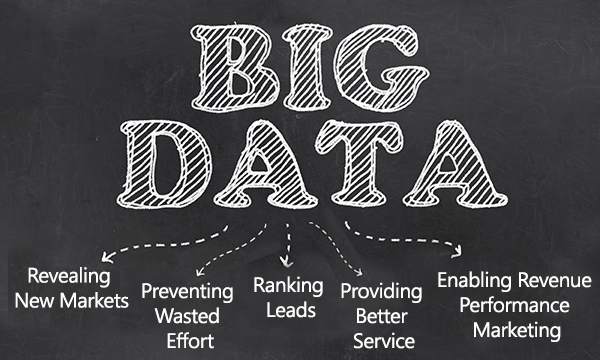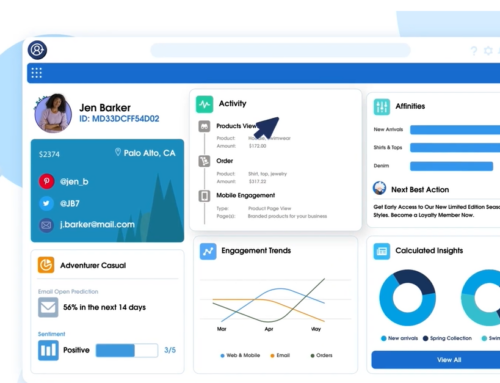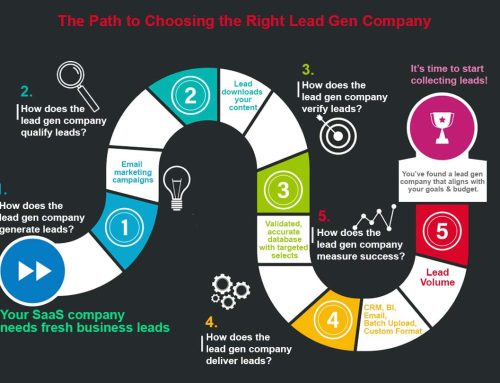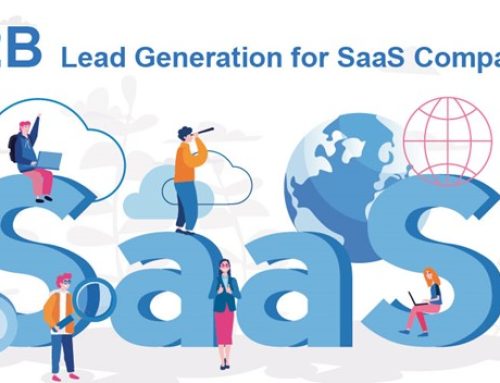Big data is no longer a novelty in countless scientific and technical fields; it’s an absolute necessity. That’s becoming equally true in marketing, and not only for analyzing huge volumes of consumer data in B2C applications. B2B industries become more responsive and agile when they incorporate big data analytics into their marketing strategies, allowing them to stay ahead of competitors in industry sectors that are narrow but deep. Here’s what big data means to B2B business owners.
Revealing New Markets
How do you spot an opportunity? Where is your newest audience segment waiting for you to discover it? Which markets have you not yet explored fully? Big data can tell you. By painting a detailed but wide-angle picture of interrelated information, you see a view you might not otherwise have seen as part of a cohesive whole. A high degree of interest from visitors whose demographic, firmographic, and behavioral profile doesn’t fit your expected market sends you a clear message of interest from a new source – but only if you have the number-crunching capacity to see it.
Preventing Wasted Effort
The flip side of finding new markets and exploring older ones more fully is knowing when you’re drilling a dry well. Big data shows you where your best customers and leads are, but it also reveals where they aren’t. If, for example, you market to leads in a dozen industries but only see a significant return on investments with four of them, you know where to step down your efforts and focus your attention.
Enabling Revenue Performance Marketing
In some companies, marketing is a black box. Dollars go into it, and other dollars come out, but no one outside the box is entirely sure what goes on inside or whether the expenditures going in justify the revenue that comes out. Revenue performance marketing tracks that flow of capital and reveals the mechanisms by which the black box operates. Every action your leads take now has a value attached to it, giving you a precise cost per lead and predictable outcomes for each marketing campaign. Only the ability to organize and analyze big data makes tracking revenue possible. Finding the true ROI of your marketing expenditures is fundamental to improving it.
Ranking Leads
Each prospect you have contact with leaves a data trail. Big data analyzes these trails and plots their expected trajectories, allowing you to prioritize the incoming leads who match these arcs from the moment they come into contact with you and your marketing automation system. Knowing where inbound prospects are likely to wind up based on their firmographic and behavioral data lets you channel the ones who are ready to buy to your sales team and puts the others into various drip nurture programs to prepare them for an eventual sale.
Providing Better Service
With enough knowledge about your customers, you can anticipate their needs, and big data is vital to finding and organizing that knowledge. At every step of the way toward making a sale, your leads get the content they need to make informed decisions. Once they’re customers, you know when they’re ready to restock or upgrade and offer them deals when they’re most ready to buy.
The investment B2B companies make in developing leads is typically much higher than it is for B2C businesses. With so much effort going into each lead, you need to realize the maximum return on that investment – a return big data gives you.
© Reach Marketing LLC 2015 All Rights Reserved.







